The Supreme Court is heading in the wrong direction by allowing a corporation to impose its religious beliefs on its employees, according to David Gans, the director of the Human Rights, Civil Rights, and Citizenship Program at the Constitutional Accountability Center.
Gans co-authored the new book titled Religious Liberties for Corporations? Hobby Lobby, the Affordable Care Act, and the Constitution with Ilya Shapiro, a senior fellow in constitutional studies at the Cato Institute.
“This is the first time the Supreme Court has said corporations have this right in more than 200 years in our nation’s history,” Gans said during an event at the Cato Institute. “Hobby Lobby is big news because it does say for the first time in our nation’s history secular, for-profit corporations are entitled to religious free exercise rights.”
Gans said the Supreme Court’s decision has opened the door to new claims for other religious exemptions.
“We have to see what’s going to happen. Will the court give businesses religious exemptions from the anti-discrimination laws? I don’t think the court’s opinion really answers that question,” he said.
Gans said the Supreme Court distorted the Religious Freedom Restoration Act of 1993, sponsored by Chuck Schumer (D-N.Y.) in the House and Ted Kennedy (D-Mass.) in the Senate. He called the decision “a major expansion” in the rights of corporations.
“It exalts the powers of corporations over their employees. It allows corporate CEOs to impose their religious beliefs on their employees and to deny them federal rights,” he said. “That’s a very troubling kind of exemption.”
Shapiro said the decision does not prioritize the beliefs of the employer over the employee.
“It’s saying if there are alternate ways of accomplishing the same goal – the employee gets the same exact right fulfilled, or what have you, through a different way – then you have to yield to the religious objection,” he said. “It’s not a situation of anyone who is employed here cannot use a particular kind of contraception.”
Shapiro said no right is being infringed upon as a result of the decision.
“The Department of Health and Human Services included 20 contraceptives as part of its minimum essential coverage that all insurance plans had to have to satisfy the Obamacare employer mandate,” he said. “Not complying with the mandate would have meant $1.3 million in daily fines.”
Shapiro noted that Hobby Lobby objected to four items on the list of 20, including morning-after pills.
“The essence of freedom is the government can’t willy-nilly force people to do things that violate their consciences,” he said. “Without this rule, women are still free to obtain abortions and contraceptives – whatever else isn’t illegal. They just can’t force companies to pay for it.”
Shapiro said the more government controls, whether it’s healthcare or education, the greater the battles are going to be over conflicting values.
“Nobody has been denied access to contraceptives, women can still buy, acquire whatever legal products they could before and there’s now more freedom for Americans to live their lives how they want without checking their conscience at the office door,” he said.


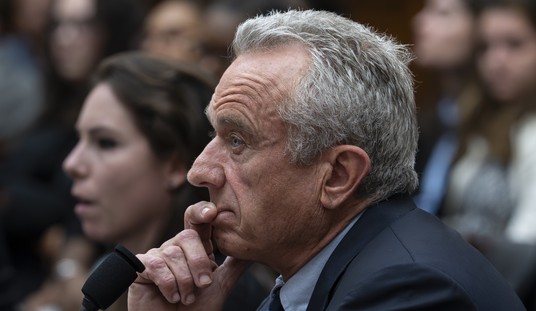
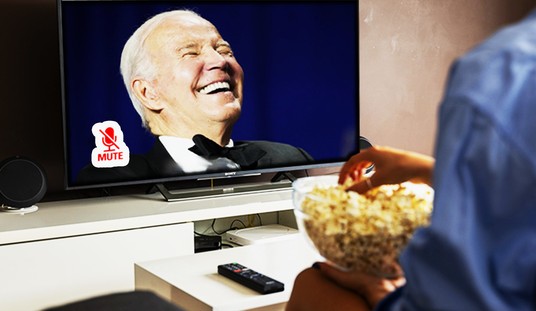
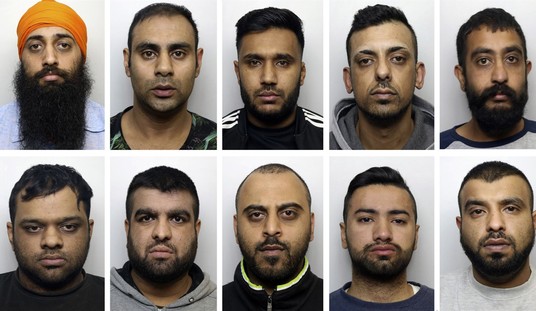
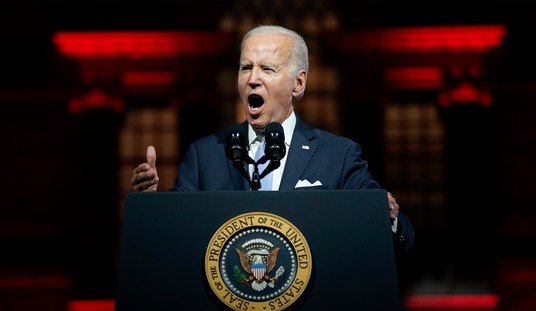

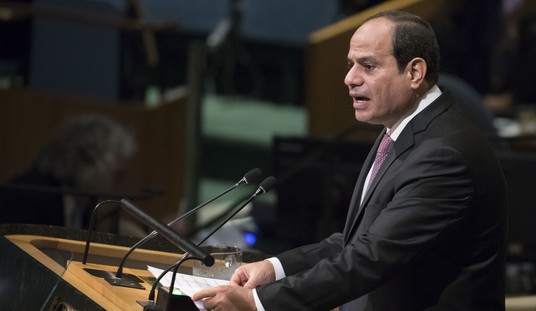
Join the conversation as a VIP Member